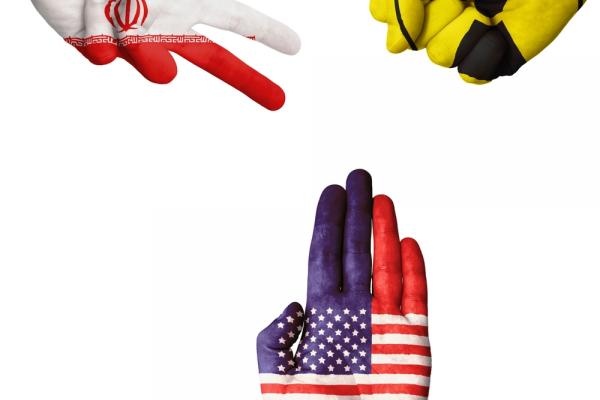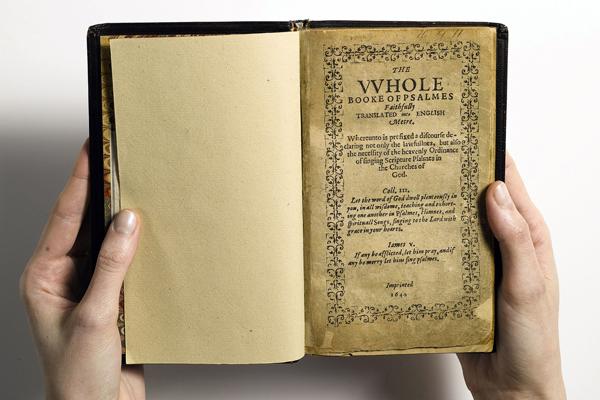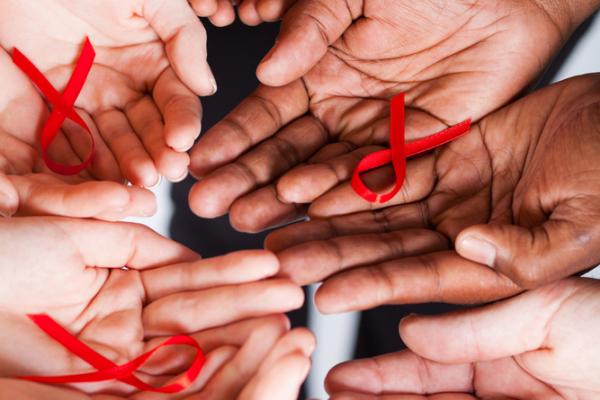Next to biblical nativity stories, How the Grinch Stole Christmas by Dr. Seuss is one of my favorite seasonal tales. We read it as a family every Christmas Eve.
While we typically view this vintage Dr. Seuss yarn as a reminder that there is more to Christmas than its trappings, it offers something unexpected too. It shares an example of restorative justice at work.
A predominant message of this holiday season seems to be both loud and clear: Our value as human beings is often dictated by our capacity to consume.
While the average North American consumes approximately twice as much as 50 years ago, we are significantly less satisfied with the quality of our lives, which is — of course — contrary to the mass “this stuff will make you happy” messages we receive on countless occasions each day. Nevertheless, we continue to embrace a culture of consumerism, for we consume at staggering rates, not only in an attempt to make right our perceived wrongs, but also because we are led to believe that such devotion contributes to the wellbeing of society. As Victor Lebow states, “Our enormously productive economy ... demands that we make consumption our way of life, that we convert the buying and use of goods into rituals, that we seek our spiritual satisfaction, our ego satisfaction, in consumption ... we need things consumed, burned up, replaced and discarded at an ever-accelerating rate.” According to the most vocalized narratives that affect contemporary life, to be a human of significant value in North America — especially during the month of December — is to be a committed and consistent consumer, even if it leads to our personal and public self-destruction.
I love talking. According to my mother, I started making babbling noises at three weeks old and haven’t really stopped since. I love words and I love to use them — particularly in writing, tweeting, or delivering a well-timed rejoinder or witty remark.
But it’s shockingly easy to go from a pithy pun to a snarky statement — and I’ll admit that I end up cutting people down far too often.
I used to not care about this so much. Growing up in the church — particularly as the daughter of two pastors — the constant earnestness and cheesy Christian culture was so ripe for commentary. As a 9-year-old, I refused to attend “Superchurch,” our program for children because I thought it was too lame and when it came to stuff like Psalty and Charity Church Mouse, I just can’t even finish this sentence without writing something sarcastic.
Over time, one of the biggest obstacles toward embracing Christ was that I just didn’t want to be a Christian. I couldn’t see the appeal for a variety of reasons, but in particular, it seemed to involve a lot of smiling, emotional vulnerability, and being sweet — all of which made me uncomfortable. The irony here is that I’m actually a very smiley, emotionally vulnerable, and maybe not sweet, but warm person, so yes, Dr. Freud, snark is a defense mechanism.
Much of our imagery of Advent is tied into the idea of waiting. Waiting for Emmanuel to come. Waiting for God to intervene. We’re in the middle of the night waiting for dawn to arrive. We’re waiting for something different to happen. One image is the pregnant woman waiting to give birth, which ties into the nativity story.
We spend a lot of our lives waiting for various things. Maybe the question for Advent is: What are we waiting for? And when does the waiting end?
So much of our religion has become about waiting. Waiting for heaven. Waiting for God to respond to a prayer and to change something. Waiting for God to right the wrongs. Waiting for God to set things straight. Waiting and waiting and waiting.
What if we’ve got it backward? What if someone is waiting for us?
Iranians tend to trust religion far more than they do politics. Accordingly, it could be helpful to formulate a potentially helpful Track Two initiative around Iran’s openness to religion as a precursor to discussing important secular issues. One possibility that comes to mind, especially if the current negotiations lead to further openness, is what one might call a “peace game.” Since Iran has been the focus of any number of war games, this would represent a peacemaking counterpart. However, rather than a scenario-driven exercise as most war games tend to be, a peace game would be more akin to facilitated brainstorming.
The basic concept would call for bringing participants from Iran and the United States together for a week to discuss what the Iranians proposed earlier, i.e. how to overcome the obstacles that stand in the way of a cooperative relationship. Participants for the game would be chosen from the ranks of respected religious, political, academic, and professional figures who (1) are not in government, (2) are known to be spiritually minded, and (3) have views that would command serious consideration by their respective governments. A religious framework for the discussions would be established at the outset, a world-class expert on negotiations would facilitate the “game,” and the final recommendations would be presented to both governments for appropriate consideration.
On a dark, damp and expensive Tuesday night at Sotheby’s auction house in Manhattan, one of the 11 surviving copies of the Bay Psalm Book, the first book (and the first book of Scripture) printed in English in America, was sold for the highest price ever recorded for a print book in open sale.
The $14.2 million price (a bid of $12.5 million, plus fees) exceeded by more than a million dollars the $11.5 million paid for the previous record-holder, John James Audubon’s “Birds of America,” in 2010.
The psalm book’s new owner is the private equity fund founder and philanthropist David Rubenstein, who called in his bid from Australia. According to Sotheby’s auctioneer David Redden, who gaveled down the sale in two and a half minutes of concerted bidding, Rubenstein, a well-known antiquities buyer and donator, intends to lend the ancient Puritan hymnal to libraries around the country, eventually putting it on long-term loan to one of them.
During the past 30 years, the AIDS pandemic has provided an unfortunate opportunity to follow God’s call to care for the widow and orphan. Husbands succumb to illness, leaving behind wives and children who also carry the disease. Mothers die, leaving behind children without care, and too often is the case that those children — who could have avoided in utero transmission of HIV with proper medical care — also die. Entire families are lost.
This Sunday marks the 25th anniversary of World AIDS Day. This day is not simply about wearing a red ribbon to show solidarity in the fight against AIDS. Instead, it is an opportunity to address the tough issues presented by HIV, such as how those disproportionately affected by the disease mirror society’s most marginalized populations — the poor and women — and how faith-based communities can best serve those populations.






